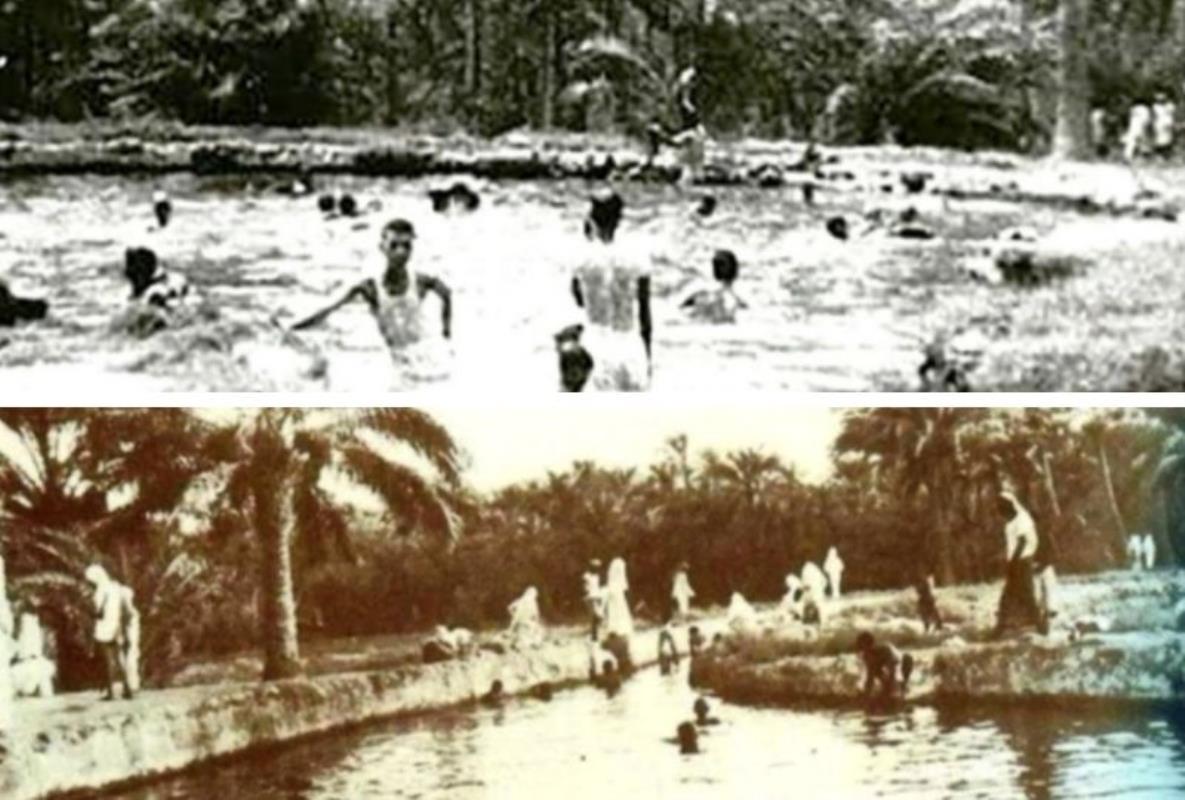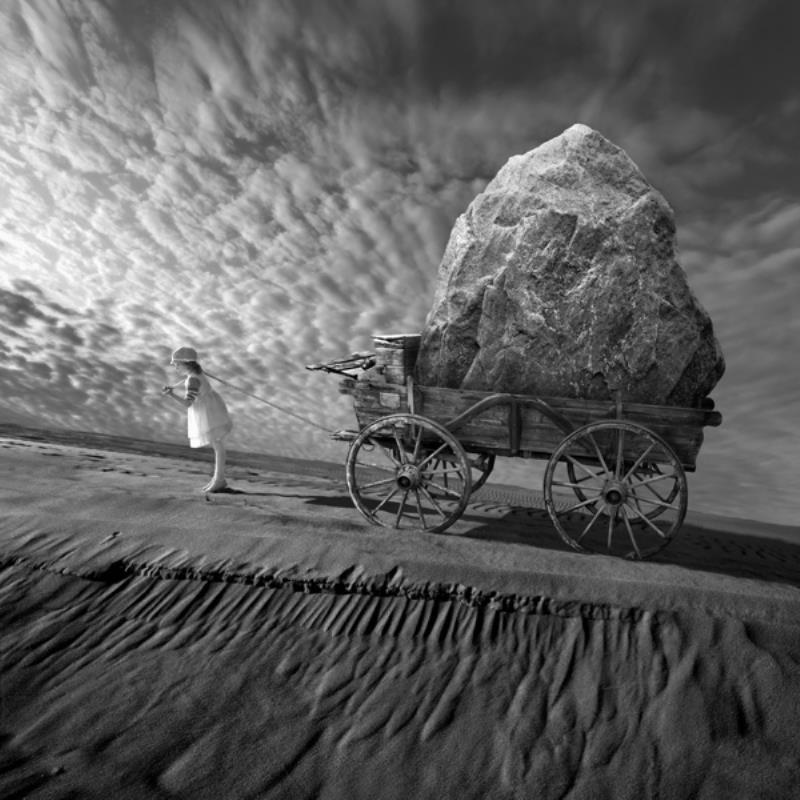
The Mighty Polydectes
Perseus was apparently the 'hero' of Greece. Word on the street was he had killed the horrible Gorgon, Medusa, and had brought home her head. People had ‘oohed’ and ‘aahed’ when he held aloft the lumpy sack. They'd gasped and shuddered when he pulled out the covered head (some hopeful ladies of the court had pretended to faint).
King Polydectes refused to believe that it was true. Besides, he had only sent Perseus on this impossible quest to get him out of the way, so that he, Polydectes, could marry Perseus' mother, Danaë. The most beautiful woman to marry the most handsome man. It was only fitting, Polydectes had thought.
Nobody who crossed a Gorgon's path had lived to tell the tale. Some had been found years later as stone statues, fearful expressions etched forever on their faces. Others simply had not been found. And now this confounded ninny had returned, claiming to have brought back the head of Medusa, the most terrifying Gorgon of them all. Two days before the wedding, too. How annoying.
King Polydectes' pathetic subjects were all crowding around Perseus, going gaga over this scrawny boy who was saying he'd brought home the head of a hag who had serpents for hair.
Did Polydectes’ subjects not remember the many generous favours he had granted them? Hadn't he, Polydectes, the most competent and influential person ever to have been born, prevented his brother Dictys from becoming king? Anyone as clever as Polydectes would have done the same, had there been anyone as clever as him. Dictys had planned all sorts of nonsense, had heroic and courageous Polydectes not seized the throne in time. Money for the poor, education for women…ha! Money belonged to the rich, and the women were better off stupid.
Had it slipped from their minds how the charitable Polydectes had, on his birthday, graciously distributed portraits of himself painstakingly done by the court painter, for his royal subjects to hang lovingly in their homes?
How they had bowed before him then, stammering their feeble expressions of gratitude for his kind gesture. He remembered how they had all roasted a calf in celebration of his birthday, and how many subjects had wept bitter tears and kissed his feet when a town inspector reported the portraits' absence. They had lamented how the paintings had been ruined because they had left them lying near the fire while tending to the roasting calf, or because some blind relative or the other had chopped them up by mistake and used them as firewood. Had he not been sympathetic? Had his tears not mingled with theirs over the loss of such priceless art? Had they not been pleasantly shocked when he had bestowed upon them replacement portraits from his personal collection? Had tears not begun falling down their pitiful faces once more, no doubt in appreciation of his generosity?
Moreover, was it not their selfless King who had provided all scholars with new scrolls from which to learn the Art of Perfection, written by none other than his well-read self? Had they not laughed aloud in happiness upon the receipt of such indispensable knowledge in the lore of being faultless?
And here stood the ungrateful, disgraced and certainly-full-of-faults Perseus, showing off with this fake head. How ludicrous! The boy had always been impertinent, even as a child, when he had lived with Dictys. Old Dictys had been a fool to take him and Danaë in in the first place, and had been an even bigger fool to be taken in by Perseus' silly speeches.
If the brilliant Polydectes had not sent Perseus off on that unachievable quest, his 'ways' would have prevented anything with regards to his marriage to Danaë ever happening. And now, before the wedding had even taken place, Perseus showed up to ruin the festivities.
As expected, Danaë ran to her son, sobbing, and in one very long sentence (Polydectes wondered how anyone could possibly do that) conveyed whatever supposed grievances her feeble mind could recall.
An enraged Perseus, forgetting all sense of position and status (and sense itself, mused Polydectes) strode angrily forward and held up the presumed head. With one sharp tug, he let the cloth cover fall to the floor, revealing to Polydectes –who was staring it right in the face– that it was, in fact, truly, as Perseus had earlier stated, the head of Medusa.
Curses.
Before he turned to stone, Polydectes was at least at ease that he was standing, not sitting, and that he wore his 'angry-yet-no-less-handsome' expression on his countenance. Anyhow, it was certain his pitiable but loyal subjects would build him a grand temple, so there was that to look forward to. They were cheering in anticipation of it already.
END

























































Rohini 4/29/2021 11:02:12 AM
Very well done!
Salwa
Thank you for your kindness, glad you liked it!